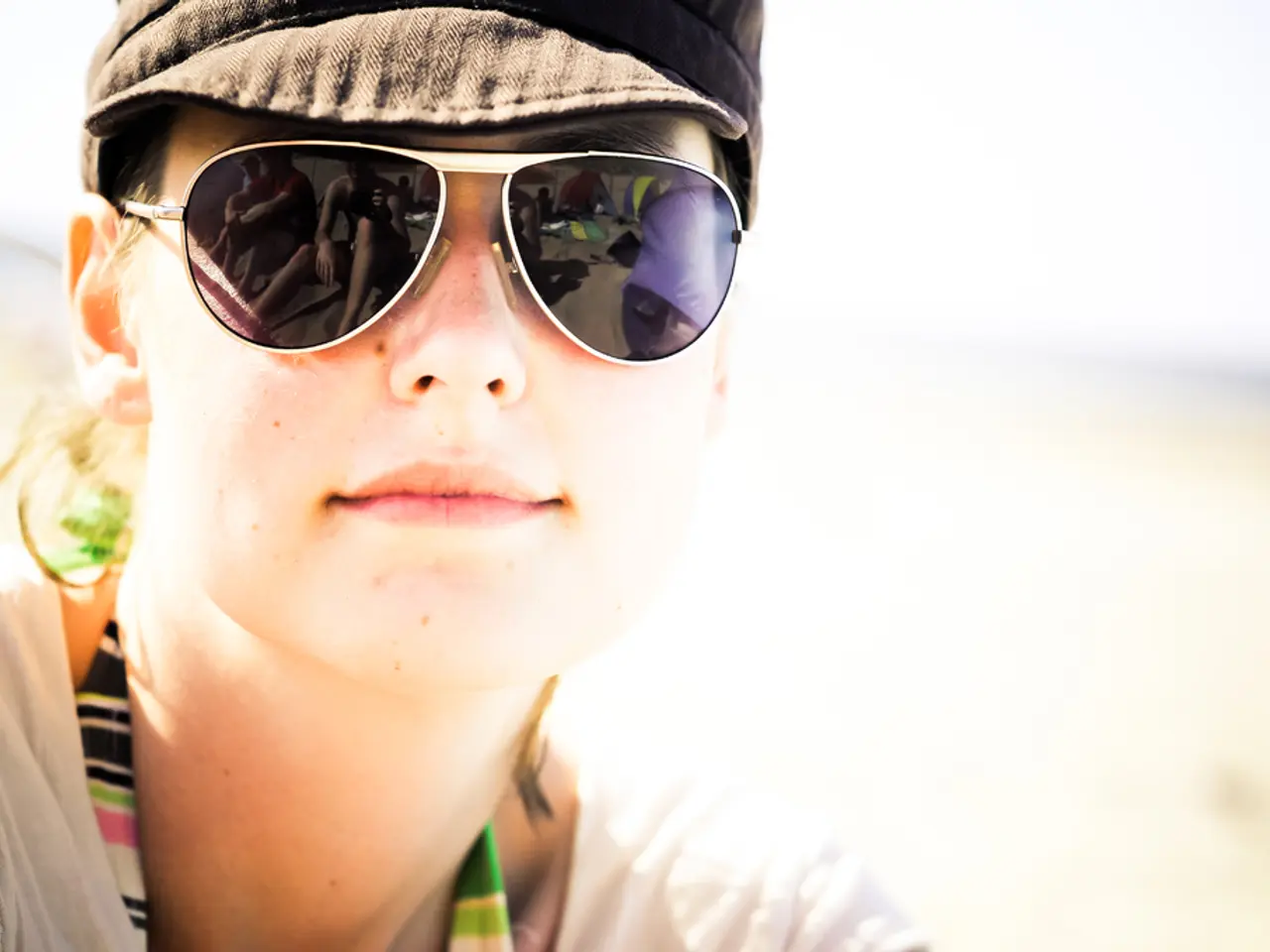COVID-19 Recovery Varies Widely, Study Finds Using Wearable Sensors
A study led by Jennifer M. Radin, Ph.D., M.P.H., from Scripps Research, and Prof. Dr. Gundula Zoch at the University of Oldenburg, has delved into the recovery duration and variation of COVID-19 using sensor data. The research, conducted by the 'AG Soziale Ungleichheiten' group, offers insights into the impact of the virus on individuals.
The study utilised wearable sensor data to monitor and compare the recovery processes of COVID-19-positive and COVID-19-negative participants. This innovative approach allowed researchers to gather real-time, objective data on physical activity, sleep patterns, and heart rate variability.
The findings revealed significant differences in recovery duration and patterns between the two groups. COVID-19-positive individuals experienced longer recovery periods, with some participants taking up to six months to return to their pre-infection activity levels. The study also highlighted the variation in recovery trajectories, with some participants experiencing a rapid recovery while others faced prolonged symptoms.
The study, published in the journal PLOS ONE, underscores the varied and long-lasting effects of COVID-19 on individuals. The use of wearable sensor data provides a novel approach to understanding and tracking recovery, which could inform future healthcare strategies and support services for COVID-19 patients.






